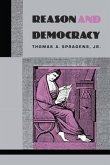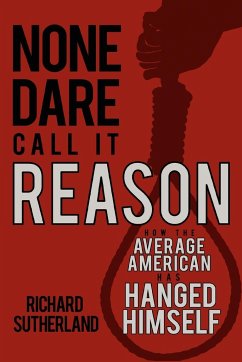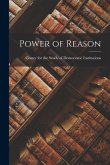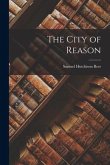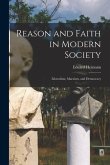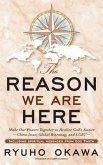First published in 1979, "Reason in Law" has become not only a classic textbook used by generations of students, but a classic work about the intersection of law and politics that has been cited by judges and scholars alike. Legal reasoning, according to Carter and Burke, combines four elements: the facts established at trial (evidence); the rules that bear on a case (the laws themselves); social background facts (e.g., what standard practices might be in a certain area); and widely held social and moral values. How well or badly a judge harmonizes or fits together these four elements in her decision determines whether or not it is seen and accepted as a good or well-reasoned decision. Based upon how judges interpret each of the elements and then join them together, it is eminently possible for two judges to reach starkly different conclusions even though both may be well-reasoned. The goal of "Reason in Law" is to give its readers the tools to differentiate between good and bad legal reasoning, and the authors provide plenty of up-to-date examples of both. New to this ninth edition are treatments of the monumental legal struggle over the constitutionality and proper interpretation of the Affordable Care Act, the legal struggles surrounding gay and lesbian marriage, the killing of Trayvon Martin, the Supreme Court ruling on the Voting Rights Act, and many other cases."
Hinweis: Dieser Artikel kann nur an eine deutsche Lieferadresse ausgeliefert werden.
Hinweis: Dieser Artikel kann nur an eine deutsche Lieferadresse ausgeliefert werden.

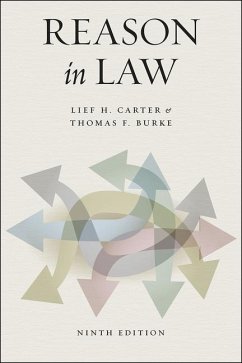
![A New and Original Reply to Paine's Age of Reason [microform]: With an Appended Dissertation on Secularists and Secularism, Designed as an Introductio A New and Original Reply to Paine's Age of Reason [microform]: With an Appended Dissertation on Secularists and Secularism, Designed as an Introductio](https://bilder.buecher.de/produkte/66/66140/66140081m.jpg)
